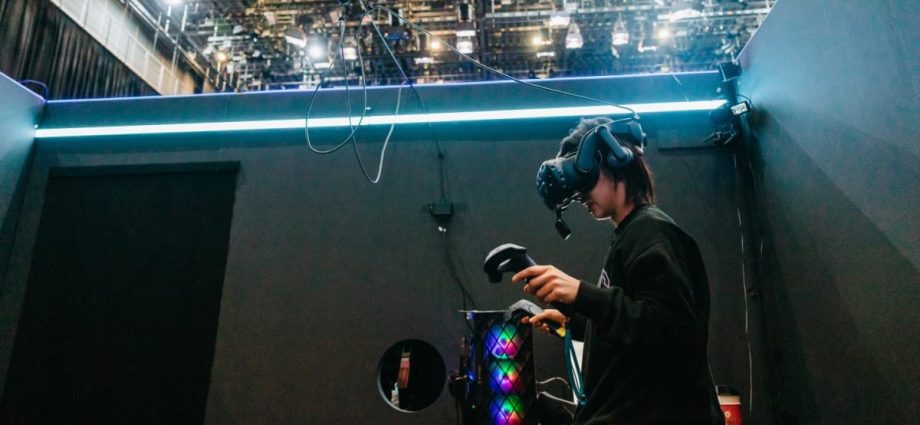
Kakao’s singing show, Girl’s Re:verse, has a familiar reality-TV “survival” format: 30 singers, eliminated over time, until the last five standing form a band. But the contestants — all members of established K-pop bands or solo artists — compete, banter and hang out as avatars, in a virtual world called W. Their real identities are not revealed until they leave the show (in some cases, by way of the lava) or make it to the end.
There are few limits to the imagination in W, which whisks its contestants from the open sea to a Versailles-like palace to a desert landscape. One avatar is a chocolate princess, born in a cocoa tree; another has red devil horns. Pengsoo, a blunt-talking penguin mascot popular in South Korea, is one of the judges.
The contestants were involved in creating their avatars, said Son Su-jung, a producer for the show. She said part of the point was to give K-pop singers — “idols,” as they are called — a break from the industry’s relentless beauty standards, letting them be judged by their talent, not their looks. (Though the avatars, it should perhaps be said, all have big eyes and heart-shaped faces.)
The show also lets them drop their polished public personas, relax and crack jokes. “Idols in the real world are expected to be a product of perfection, but we hope that through this show, they can let go of those pressures,” Son said.
At a recent taping, glitches were still being ironed out. Support staff popped in and out of cubicles to help singers fiddle with their equipment. At least one mishap made it into the first episode: “I can’t hear you!” a contestant yelled as a judge repeatedly asked her the same question.
But some things about reality TV hadn’t changed. Even avatars, it turns out, are encouraged to snipe at their competitors.
“Look at the green light,” a producer intoned through a microphone to a contestant, whose avatar stared back at him from the screen.
“Who do you think did the worst?” he said. “Talk as if you’re gossiping about someone.”
By Jin Yu Young and Matt Stevens © 2023 The New York Times

